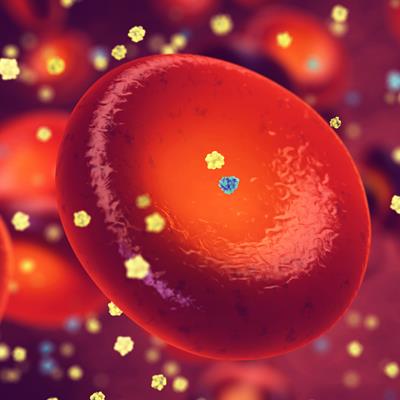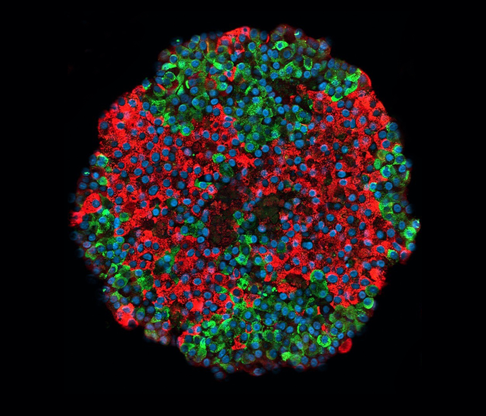July 25, 2022 -- Researchers in Australia were able to reactivate pancreatic stem cells to become insulin-expressing and functionally resemble beta-like cells through the use of a drug, according to a study published on July 22 in the journal Nature.
Monash University researchers experimented with the pancreas stem cells from a type 1 diabetic donor and tested out the drug GSK126, a highly selective inhibitor of EZH2 methyltransferase activity. They found GSK126 influenced H3K27me3 chromatin content and transcriptional control, which resulted in expressing core beta cell markers and ductal progenitor genes. The drug also reinstated insulin gene expression despite absolute beta cell destruction.
More research is needed but in principle, the new approach would allow insulin-producing cells that are destroyed in type 1 diabetics to be replaced with newborn insulin-generating cells. This may lead to a potential treatment option for insulin-dependent diabetes to replace the insulin no longer produced by a damaged pancreas.
Copyright © 2022 scienceboard.net









